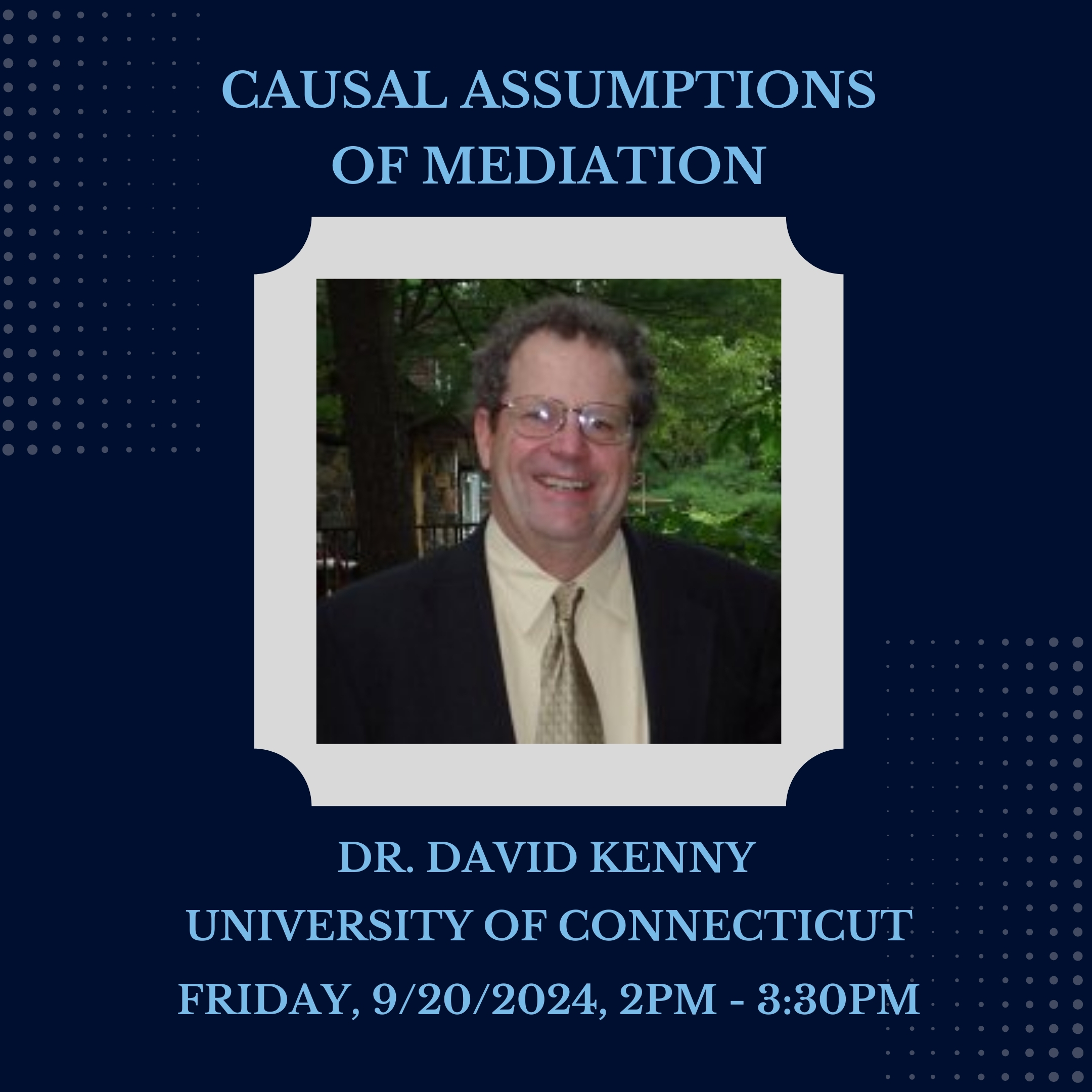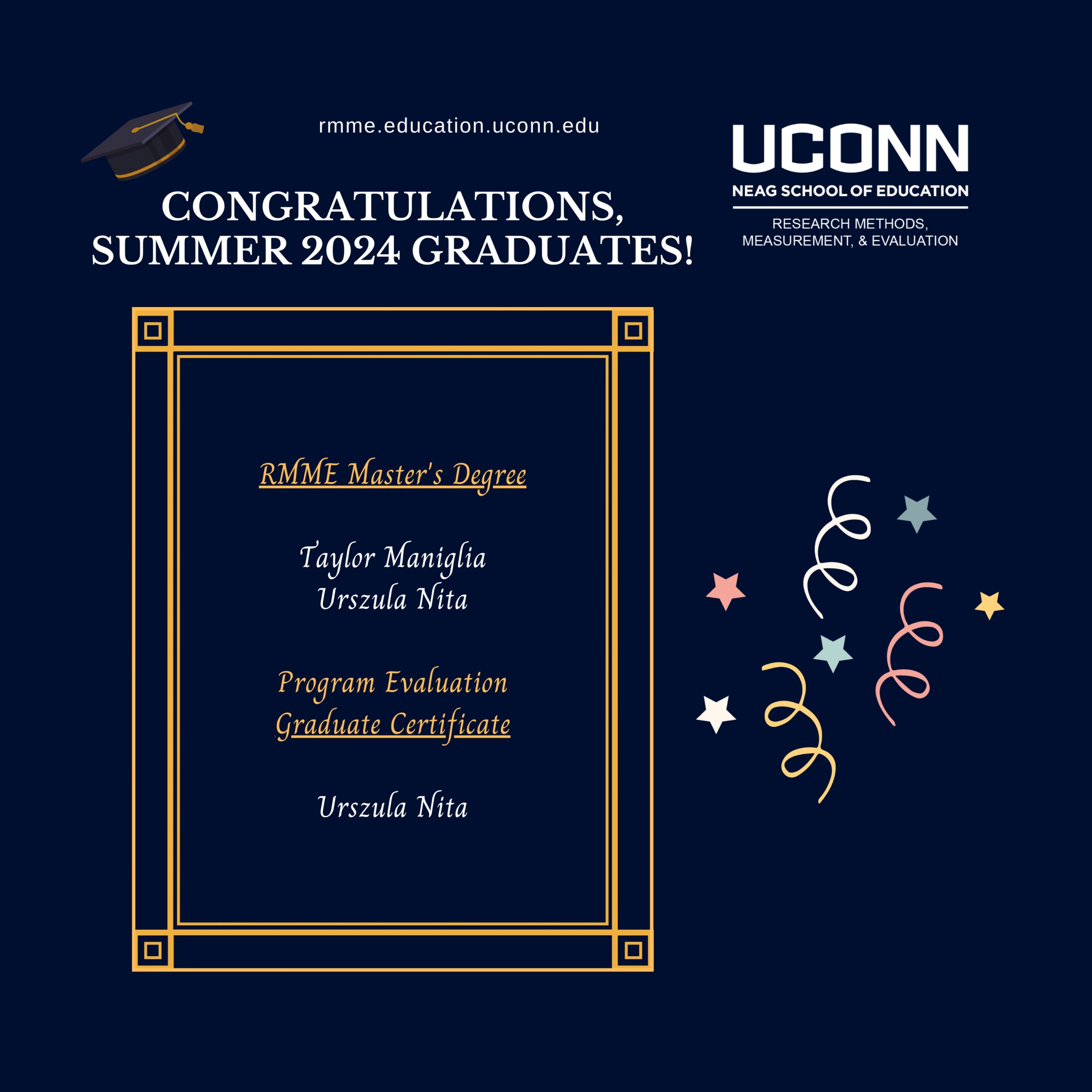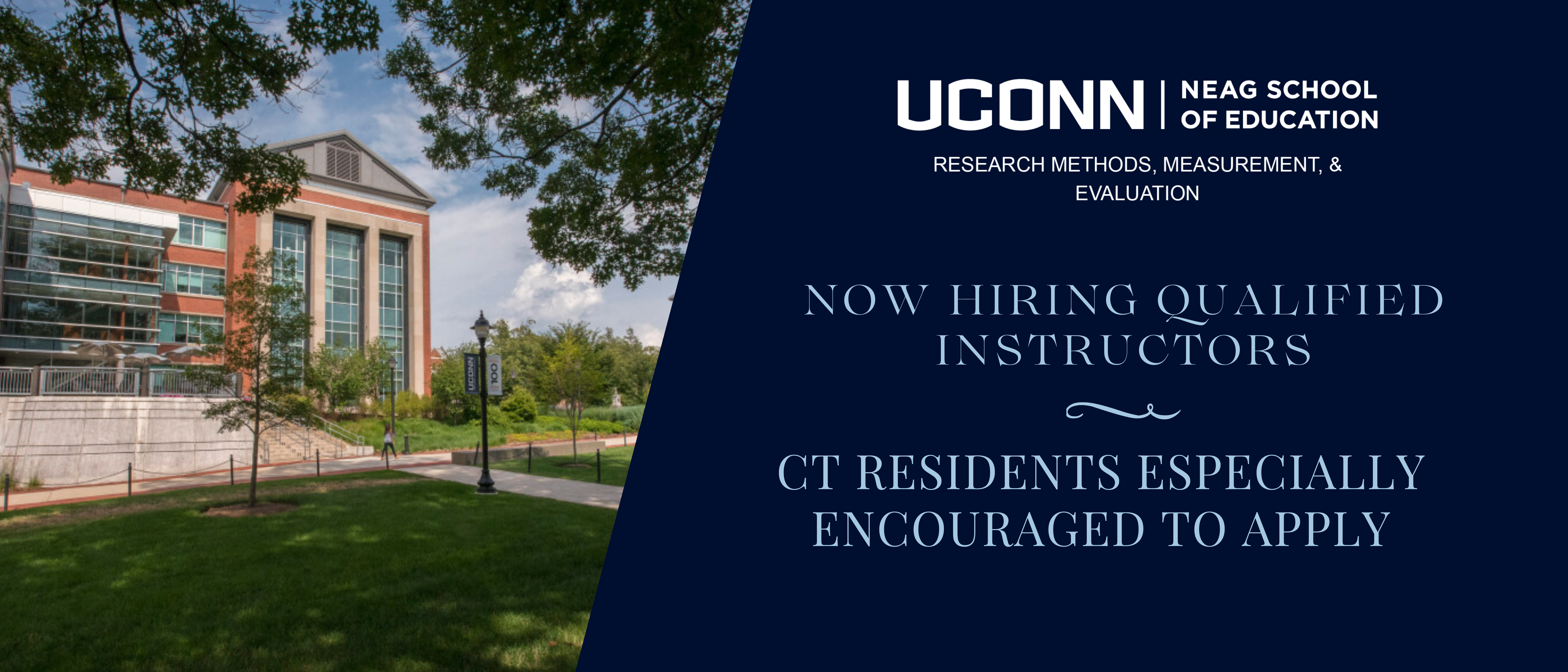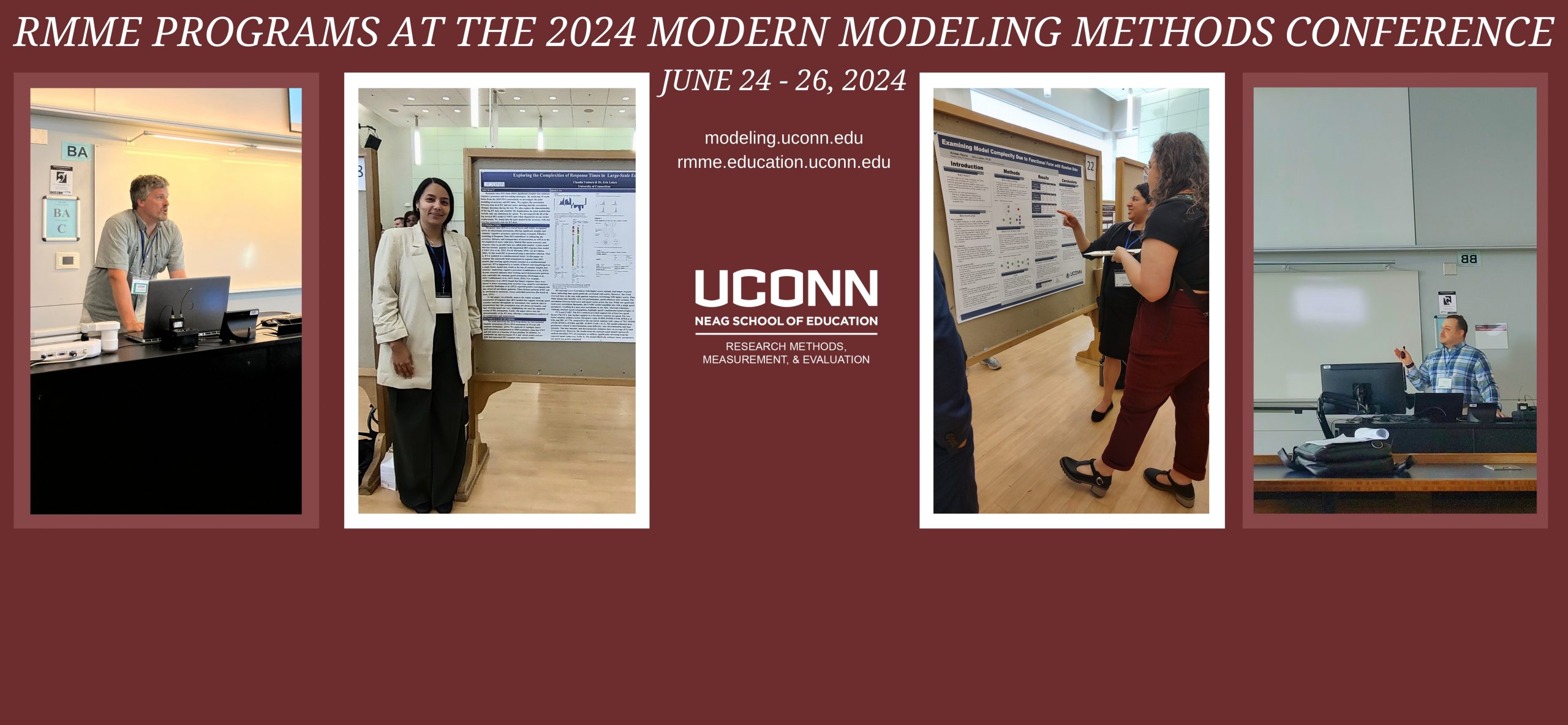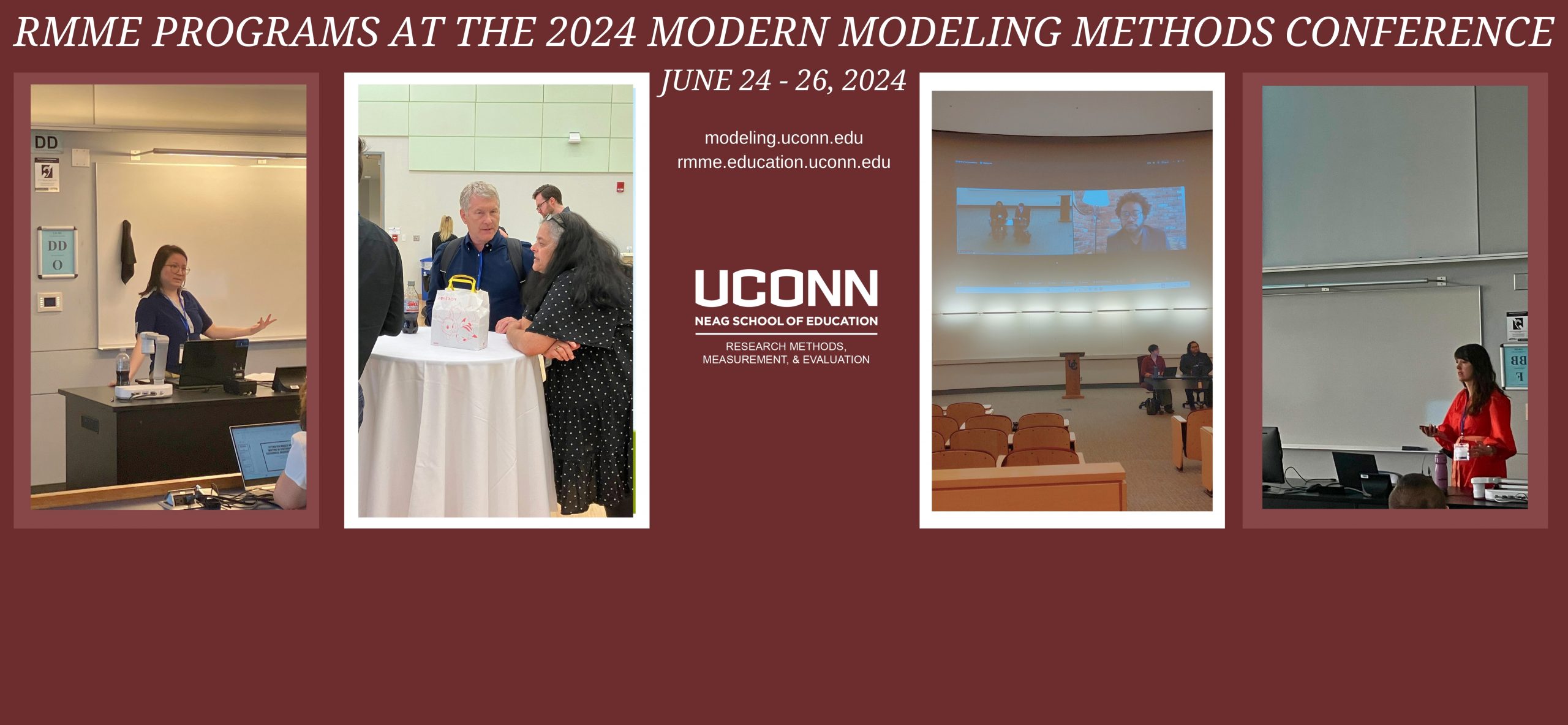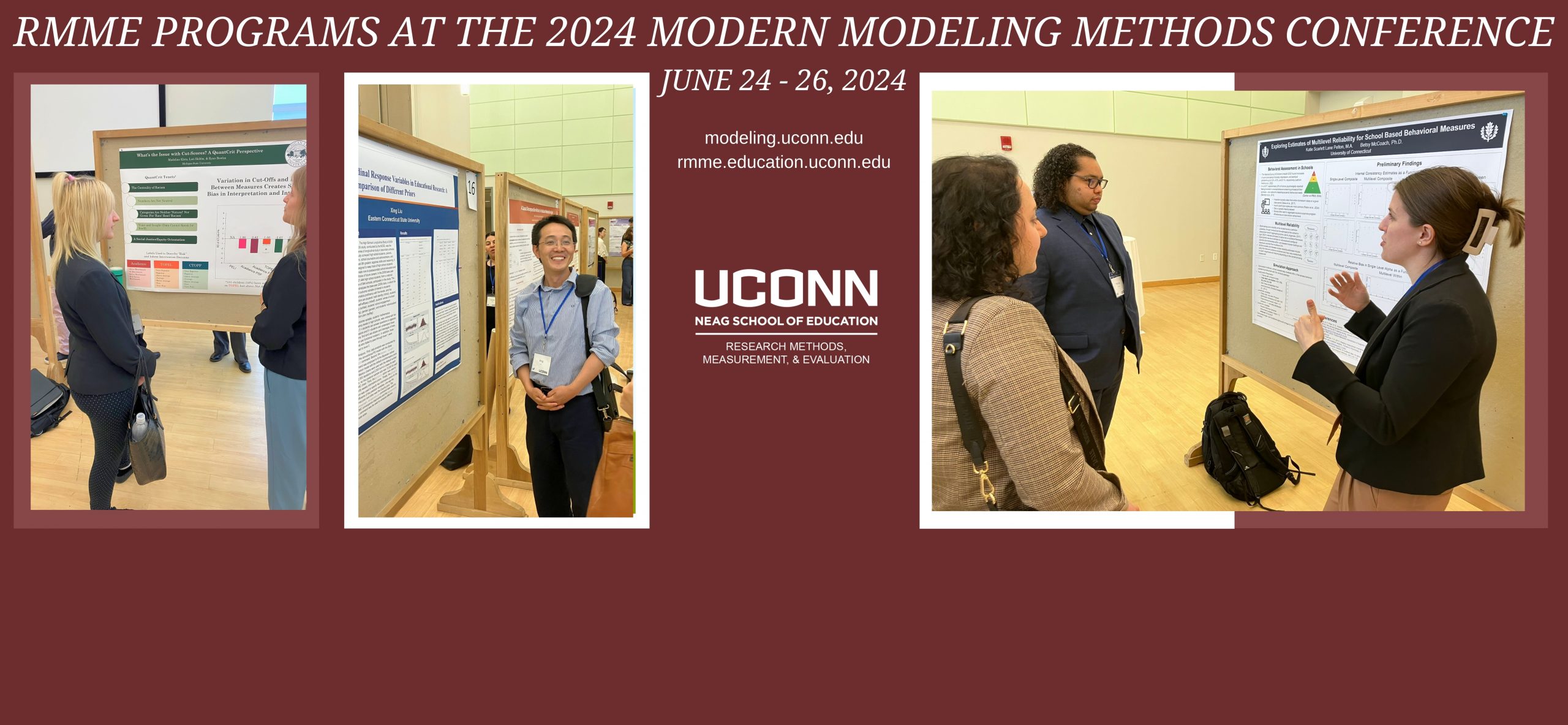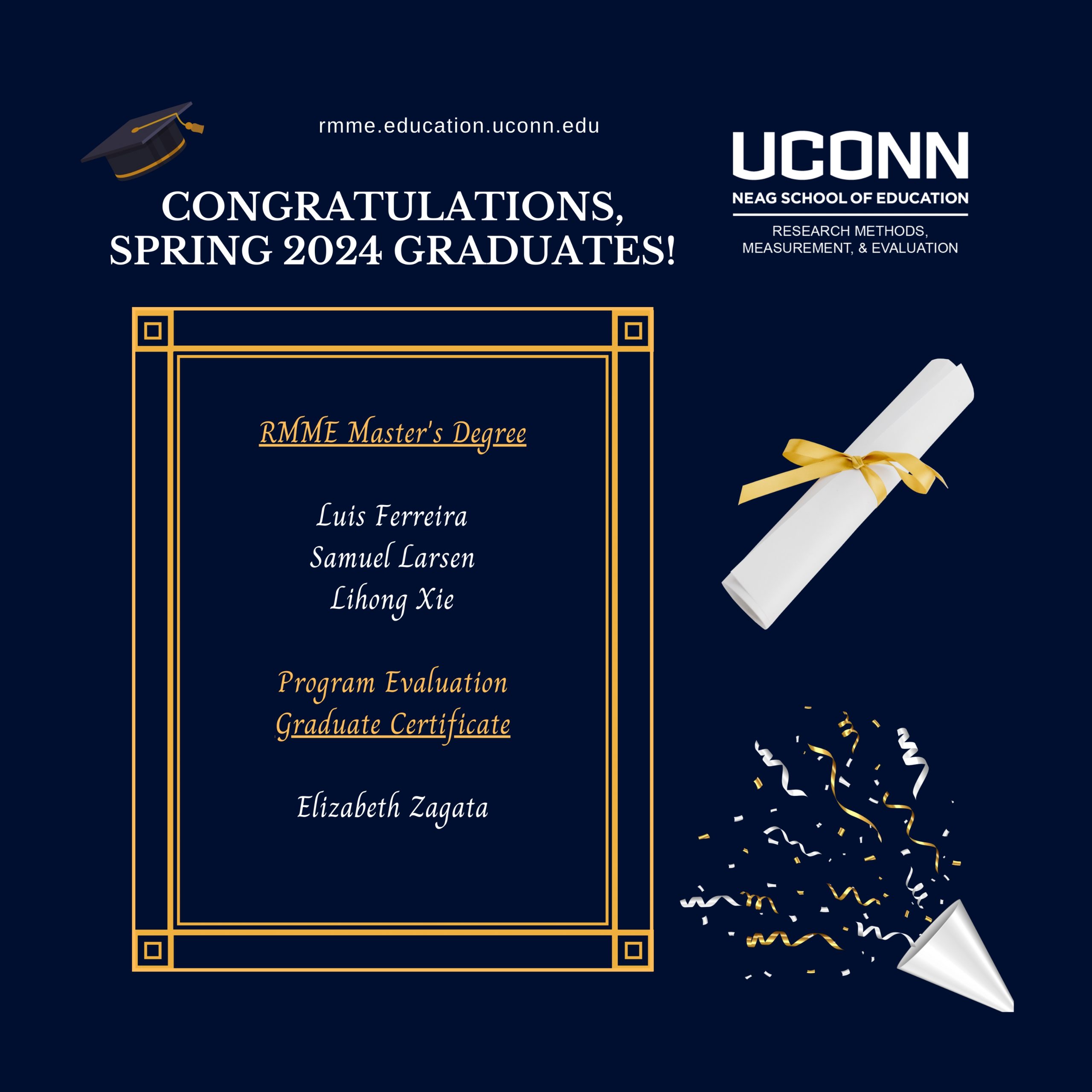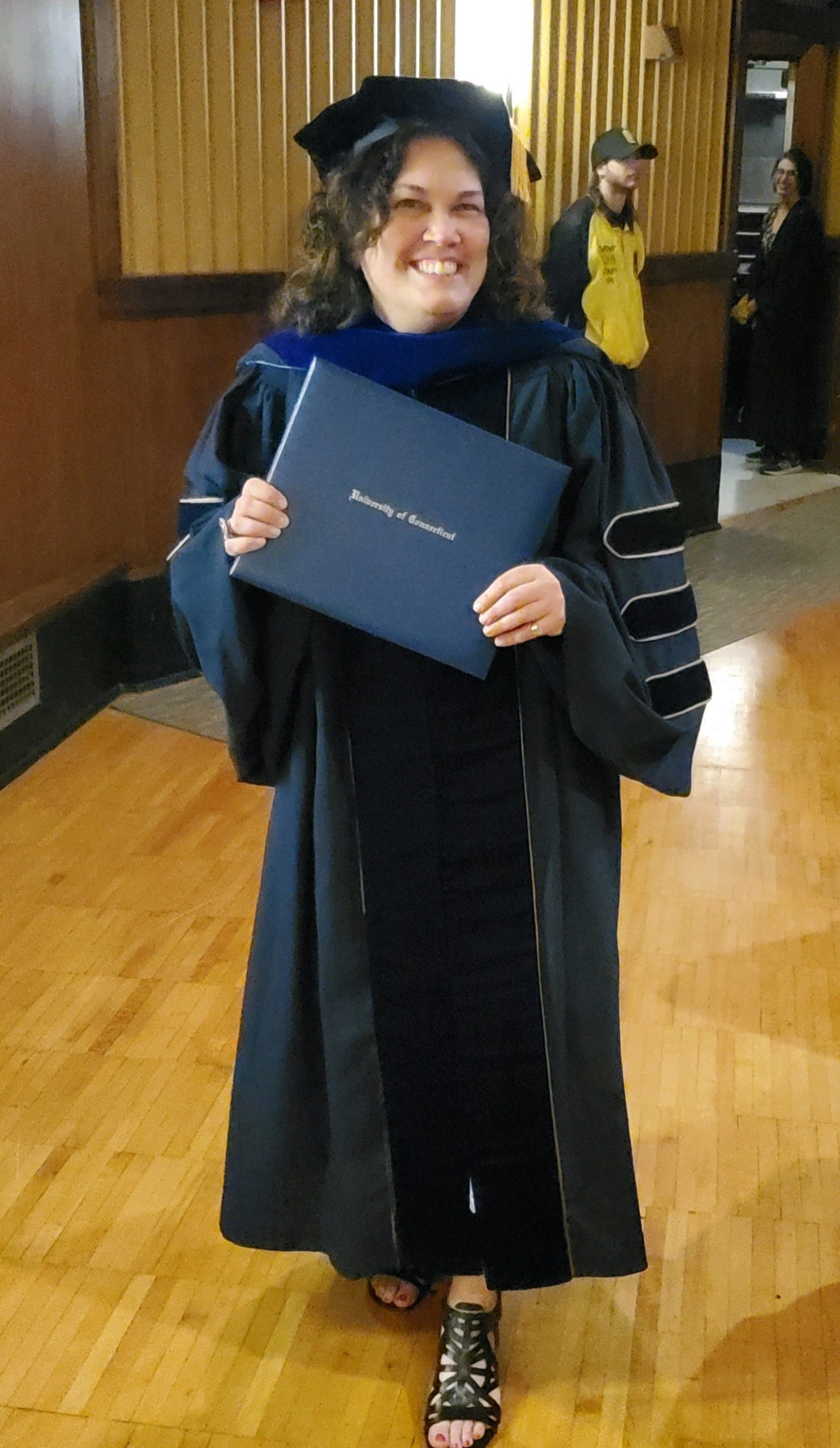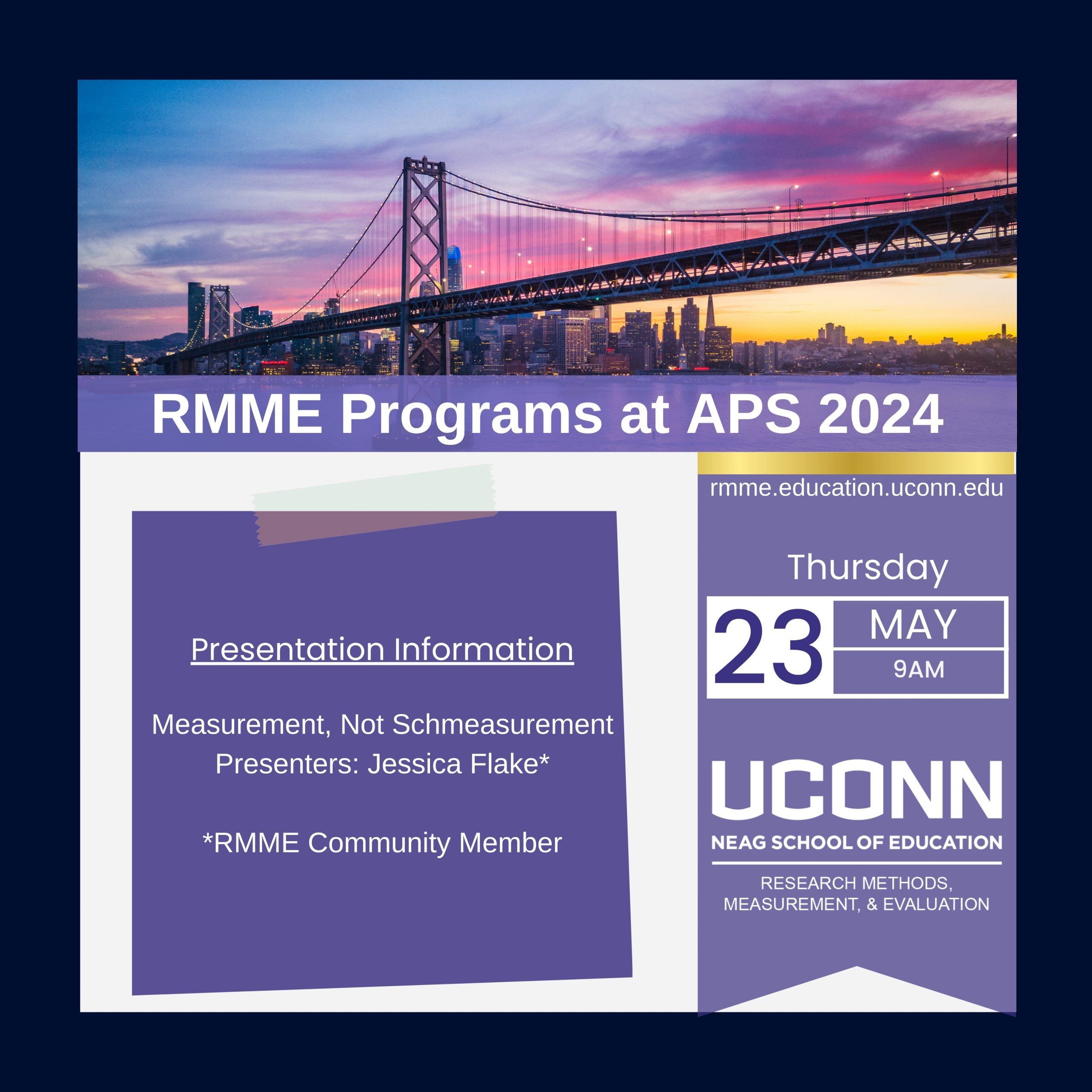Several Research Methods, Measurement, & Evaluation (RMME) community members are presenting at the 2024 annual meeting of the Society for Research on Educational Effectiveness (SREE) this week. Check out their excellent contributions to the conference below:
Thursday, September 19
9.00 am to 10.30 pm
Location: Harborside Foyer (4, Baltimore Marriott Waterfront)
Session Title: 3G. – Exploring Predictive Validity and Disparities in Education: From Test Scores to Behavior Screeners
Presentation Title: Mapping the Research Base for Universal Behavior Screeners
Presenting Author: Kathleen Lane
Authors: Katie Pelton*
12.30 pm to 2.00 pm
Location: Kent AB (4, Baltimore Mariott Waterfront)
Session Title: 5F. – Artificial Intelligence and the Future of Educational Measurement and Evaluation
Presentation Title: Low-Cost Measurement with Large Language Models: An Application of Few-Shot Classification in Educational Evaluations
Author: Claudia Ventura*
Presenting Author: Kylie Anglin*
2.15 pm to 3.15 pm
Location: Kent AB (4, Baltimore Marriott Waterfront)
Session Title: Open Science Affinity Group Panel: How Do We Move Open Science Forward in Educational Research?
Panelists: Kara Finnigan, Elizabeth Tipton, Sean Grant
Moderator: D. Betsy McCoach*
Friday, September 20
9.00 am to 10.30 pm
Location: Harborside Foyer (4, Baltimore Marriott Waterfront)
Session Title: 7H. – Advancing Measurement and Assessment in Special Education
Presentation Title: Measurement Invariance and Predictive Validity of a Free-Access Universal Screening Tool: The SRSS-IE
Presenting Author: Kathleen Lane
Authors: Katie Pelton*
1.15 pm to 2.15 pm
Location: Harborside Foyer (4, Baltimore Marriott Waterfront)
Session Title: 8D. Organization of Schools and Systems
Presentation Title: Evaluation of a Brief Intervention: Achievement Gaps and Reliability
Authors: Joselyn Perez*, D. Betsy McCoach*
1.15 pm to 2.15 pm
Location: Kent AB (4, Baltimore Marriott Waterfront)
Session Title: 8F. Research Methods
Presentation Title: Deciphering Hyperparameter Choices in Machine Learning for Propensity Score Estimation: A Systematic Review of GBM and Random Forest Methods
Authors: Huibin Zhang, Walter Leite, Zachary Collier*, Kamal Chawla, Lingchen Kong, YongSeok Lee, Jia Quan
Presenting Author: Huibin Zhang
1.15 pm to 2.15 pm
Location: Harborside Foyer (4, Baltimore Marriott Waterfront)
Session Title: 8F. Research Methods
Presentation Title: Exploring Estimates of Multilevel Reliability for School Based Behavioral Measures
Authors: Katie Pelton*, D. Betsy McCoach*
2.15 p.m. – 3.45 p.m.
Location: Kent AB (4, Baltimore Mariott Waterfront)
Session Title: 9E. Advancing Educational Outcomes through Machine Learning and Predictive Analytics
Chair: Kylie Anglin*
*RMME Community member
